- Browse
- Computational Thinking For K 12 Educators Nested If Statements And Compound Conditionals
Results for "computational thinking for k-12 educators: nested if statements and compound conditionals"
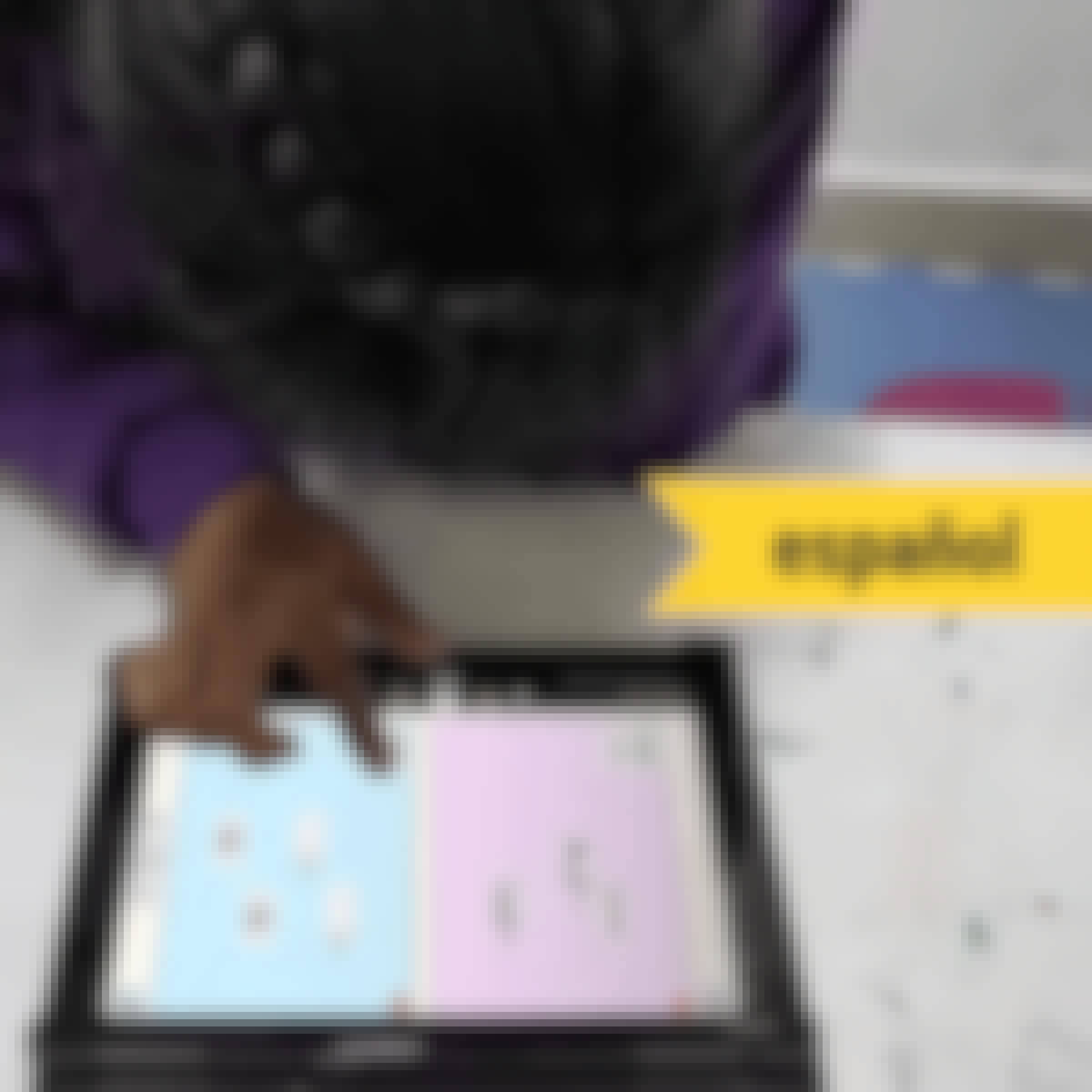 Status: PreviewPreviewU
Status: PreviewPreviewUUniversity of Colorado Boulder
Skills you'll gain: Mathematics Education, Pedagogy, Teaching, Lesson Planning, Education Software and Technology, Simulation and Simulation Software, Instructional Strategies, Arithmetic, Diversity Awareness
Beginner · Course · 1 - 3 Months
 Status: NewNewStatus: Free TrialFree Trial
Status: NewNewStatus: Free TrialFree TrialSkills you'll gain: Debugging, Program Development, Data Structures, Python Programming, Scripting, Programming Principles, Computer Programming, Scripting Languages
Beginner · Course · 1 - 3 Months
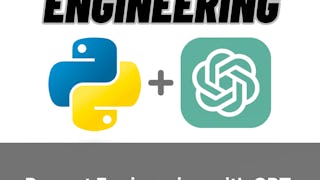
Skills you'll gain: Prompt Engineering, OpenAI API, Generative AI, Scripting, Python Programming, Test Case, Application Programming Interface (API), Application Development, Machine Learning, Software Engineering
4.5·Rating, 4.5 out of 5 stars71 reviewsIntermediate · Guided Project · Less Than 2 Hours
 Status: NewNewStatus: Free TrialFree Trial
Status: NewNewStatus: Free TrialFree TrialSkills you'll gain: Data Visualization, Object Oriented Programming (OOP), Databases, Natural Language Processing, SQL, Python Programming, Matplotlib, Business Process Automation, Text Mining, Data Processing, Development Environment, Document Management
4.8·Rating, 4.8 out of 5 stars16 reviewsMixed · Course · 1 - 3 Months
 Status: NewNewStatus: Free TrialFree Trial
Status: NewNewStatus: Free TrialFree TrialSkills you'll gain: File I/O, Object Oriented Programming (OOP), C++ (Programming Language), Data Structures, Object Oriented Design, Software Design Patterns, Programming Principles, Data Persistence, Algorithms, Simulations
Advanced · Course · 1 - 4 Weeks
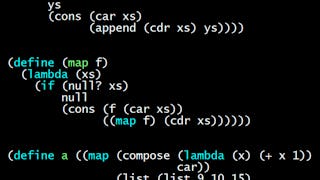 Status: PreviewPreviewU
Status: PreviewPreviewUUniversity of Washington
Skills you'll gain: Other Programming Languages, Software Design, Ruby (Programming Language), Programming Principles, Data Structures, Software Architecture, Computer Programming, Functional Design, Debugging
4.9·Rating, 4.9 out of 5 stars788 reviewsIntermediate · Course · 1 - 4 Weeks

Skills you'll gain: Event-Driven Programming, Debugging, Game Design, Animation and Game Design, Program Development, Algorithms, Computer Programming, Application Development, Problem Solving, Design, Computer Science
4.7·Rating, 4.7 out of 5 stars141 reviewsBeginner · Guided Project · Less Than 2 Hours
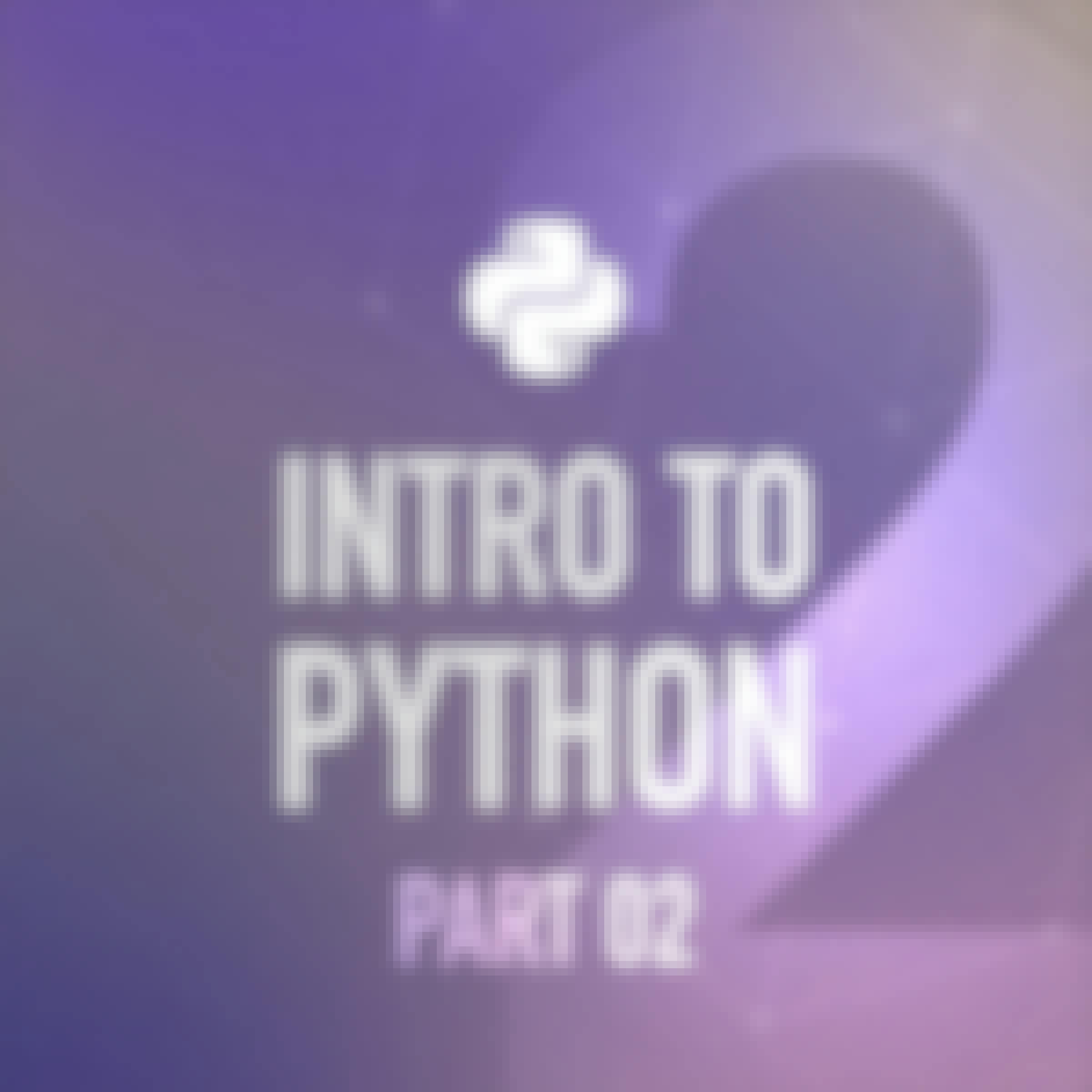 Status: Free TrialFree TrialS
Status: Free TrialFree TrialSScrimba
Skills you'll gain: Python Programming, Programming Principles, Data Structures, Computer Programming, Computational Thinking, Web Development Tools, Web Development, Software Engineering
4.8·Rating, 4.8 out of 5 stars13 reviewsIntermediate · Course · 1 - 4 Weeks
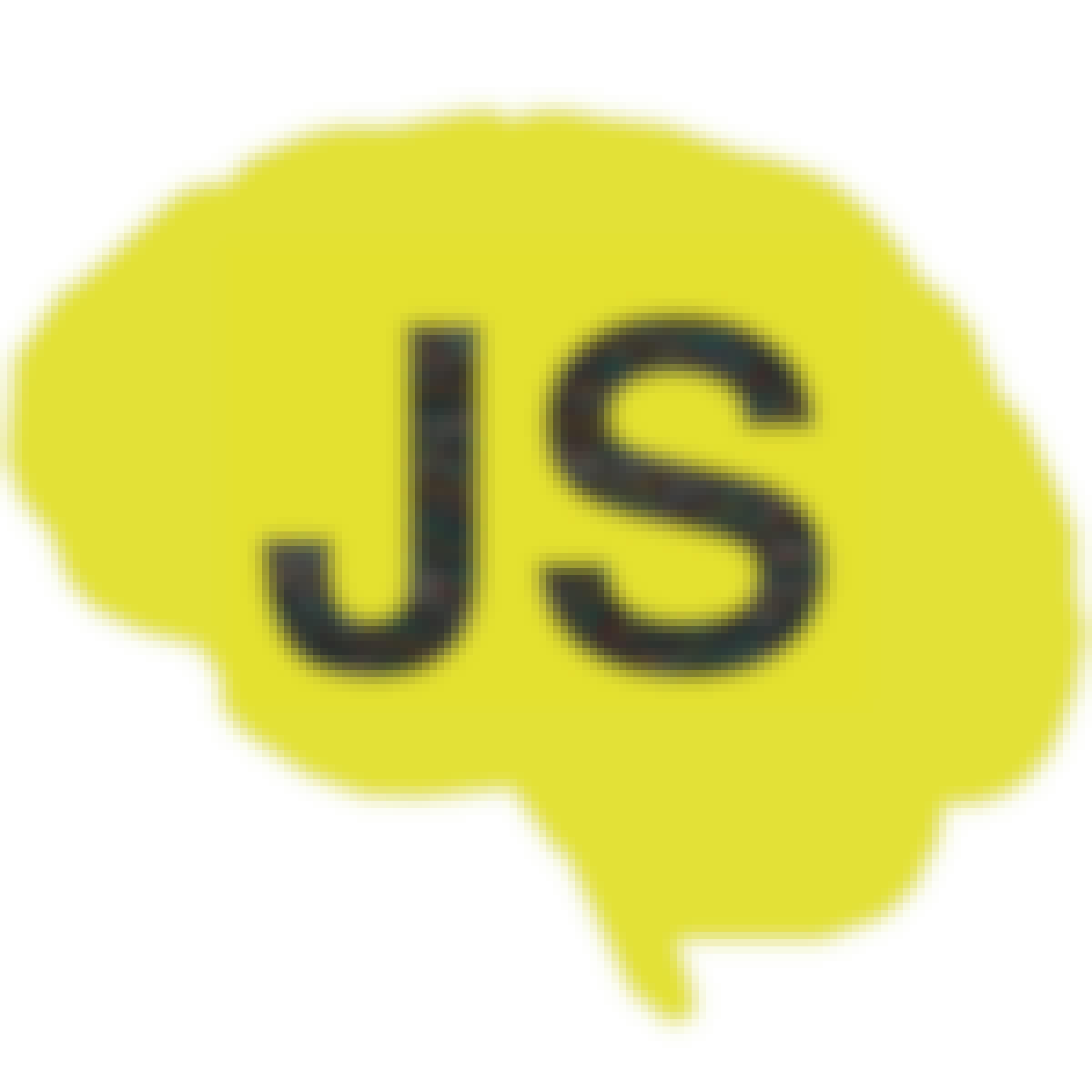 Status: Free TrialFree TrialU
Status: Free TrialFree TrialUUniversity of Glasgow
Skills you'll gain: JSON, Data Structures, Analytics, Computational Thinking, Data Analysis, Data Visualization Software, Scripting, Javascript, Data Processing, Unsupervised Learning, Data Modeling, Machine Learning, Programming Principles, Object Oriented Programming (OOP), Computer Programming, Algorithms, Software Development
Beginner · Course · 1 - 4 Weeks
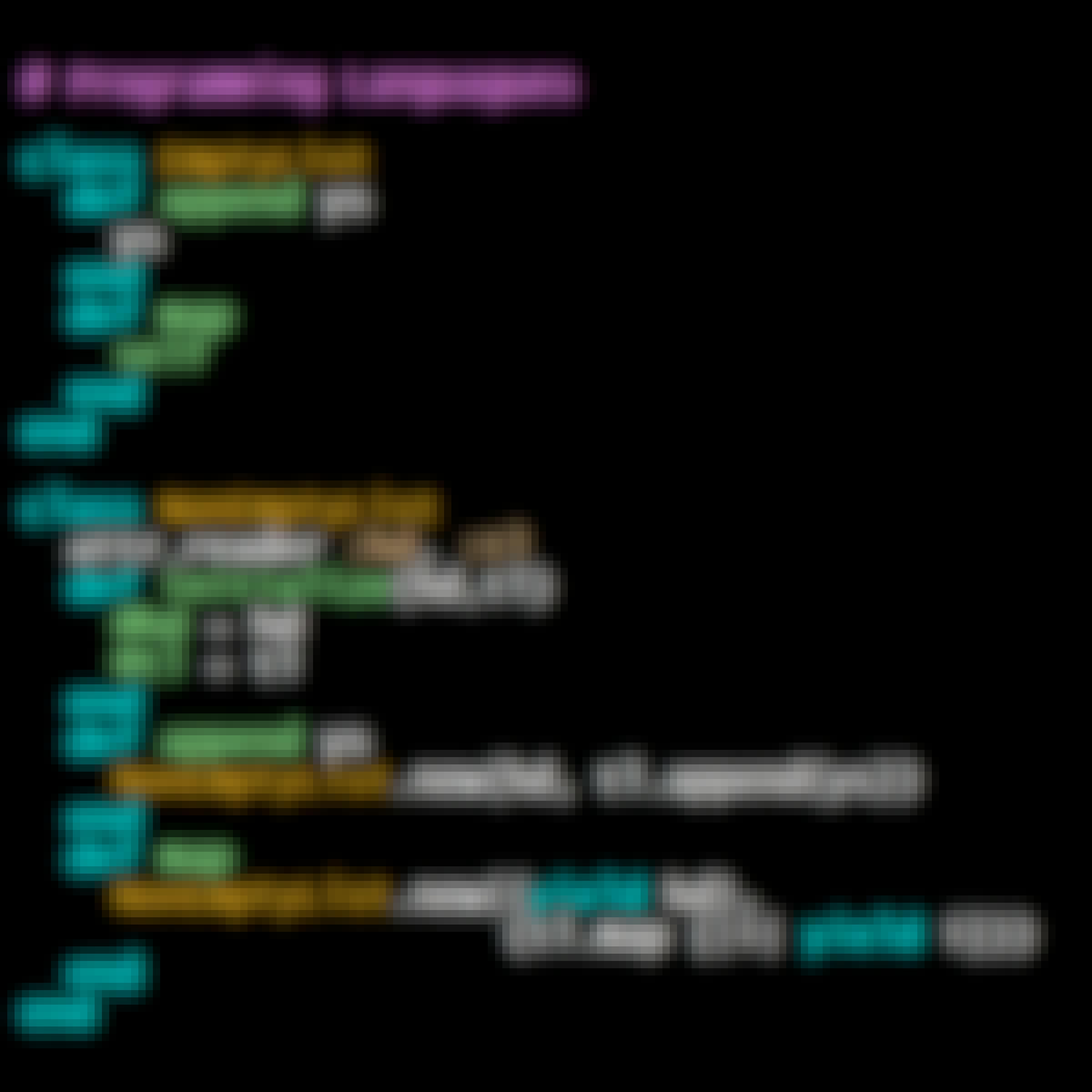 Status: PreviewPreviewU
Status: PreviewPreviewUUniversity of Washington
Skills you'll gain: Ruby (Programming Language), Object Oriented Programming (OOP), Object Oriented Design, Computer Programming, Programming Principles, Functional Design, Computational Thinking, Software Design Patterns, Theoretical Computer Science, Computer Science, Debugging
4.9·Rating, 4.9 out of 5 stars463 reviewsMixed · Course · 1 - 3 Months
 Status: Free TrialFree TrialD
Status: Free TrialFree TrialDDartmouth College
Skills you'll gain: C (Programming Language), Programming Principles, Embedded Systems, Program Development, Computer Engineering, Algorithms, Data Structures, Computer Programming, Debugging
4.7·Rating, 4.7 out of 5 stars104 reviewsBeginner · Course · 1 - 3 Months
 Status: Free TrialFree TrialU
Status: Free TrialFree TrialUUniversity of California, Irvine
Skills you'll gain: Grammar, English Language, Language Learning, Language Competency
4.8·Rating, 4.8 out of 5 stars470 reviewsIntermediate · Course · 1 - 4 Weeks
In summary, here are 10 of our most popular computational thinking for k-12 educators: nested if statements and compound conditionals courses
- Sentido Numérico para la Educación Primaria con PhET: University of Colorado Boulder
- Foundations of Python Programming: Packt
- Prompt Engineering with GPT: Programming for Custom Content: Coursera
- Python Case Studies: Build Chatbots, Apps & Systems: EDUCBA
- Advanced C++ Features and Data Structures: Packt
- Programming Languages, Part B: University of Washington
- Basic Game Development with Levels using Scratch: Coursera
- Learn Python: 2: Scrimba
- Computational Thinking with JavaScript 2: Model & Analyse: University of Glasgow
- Programming Languages, Part C: University of Washington










